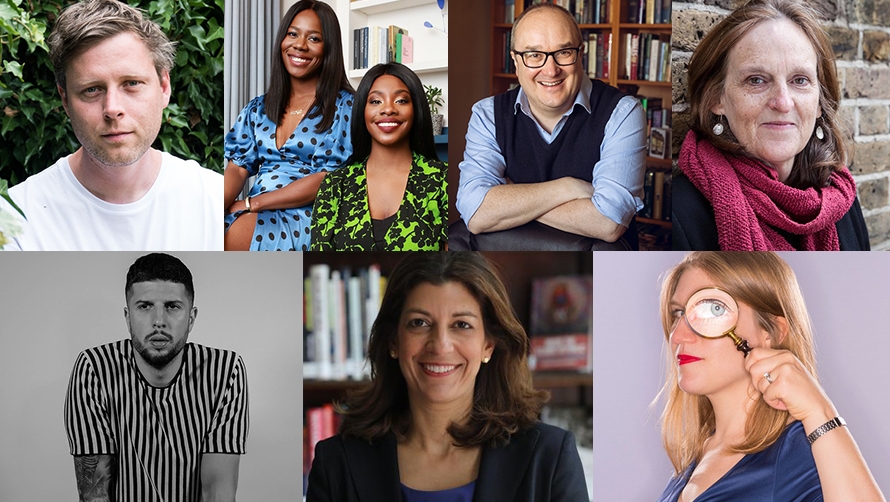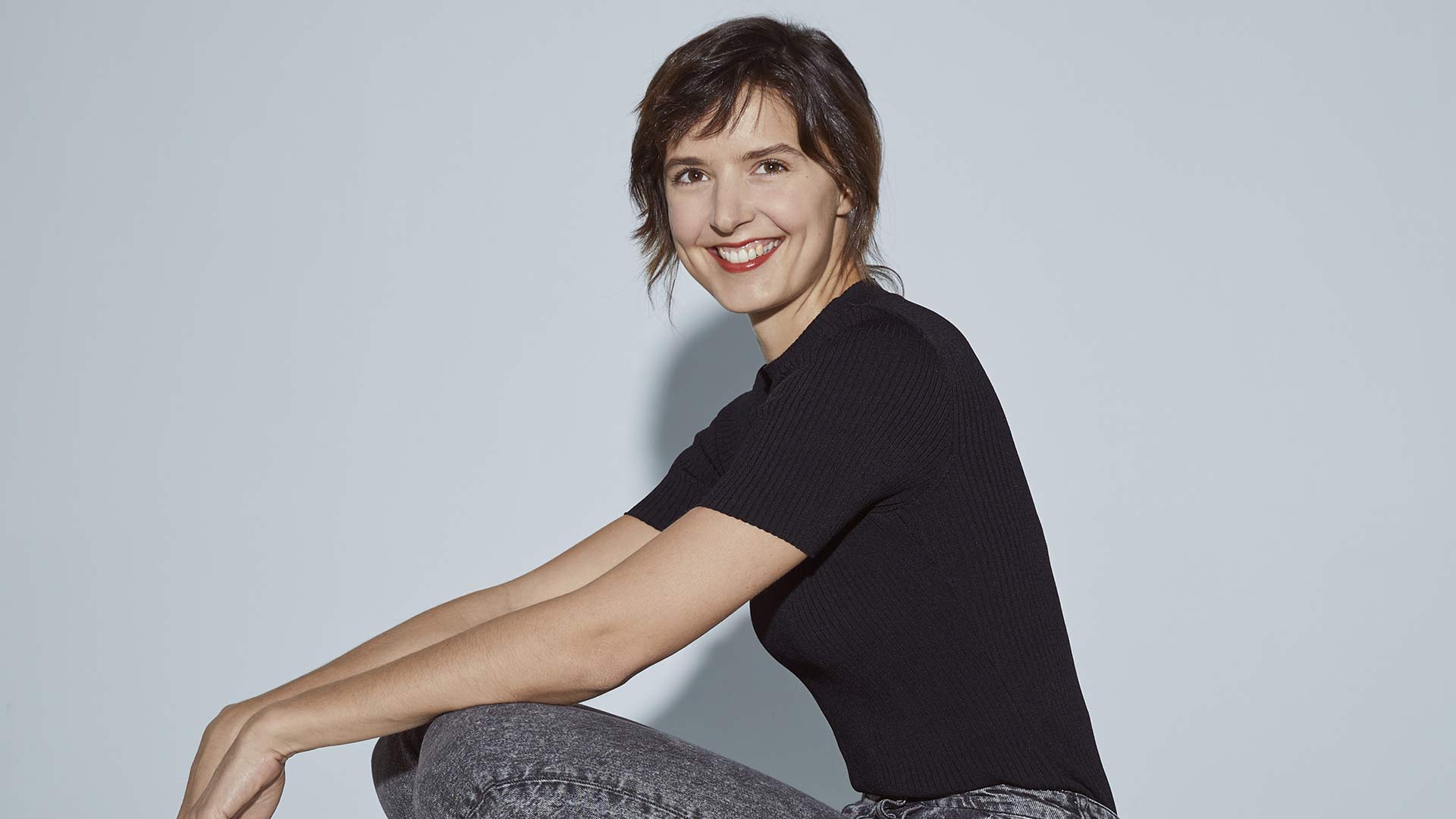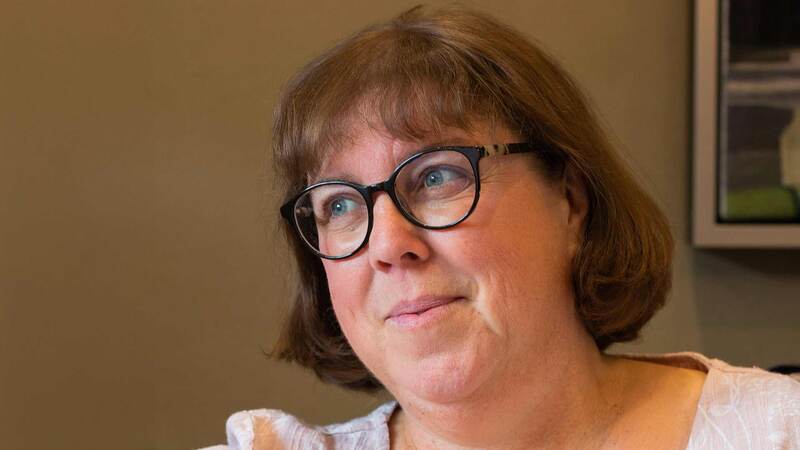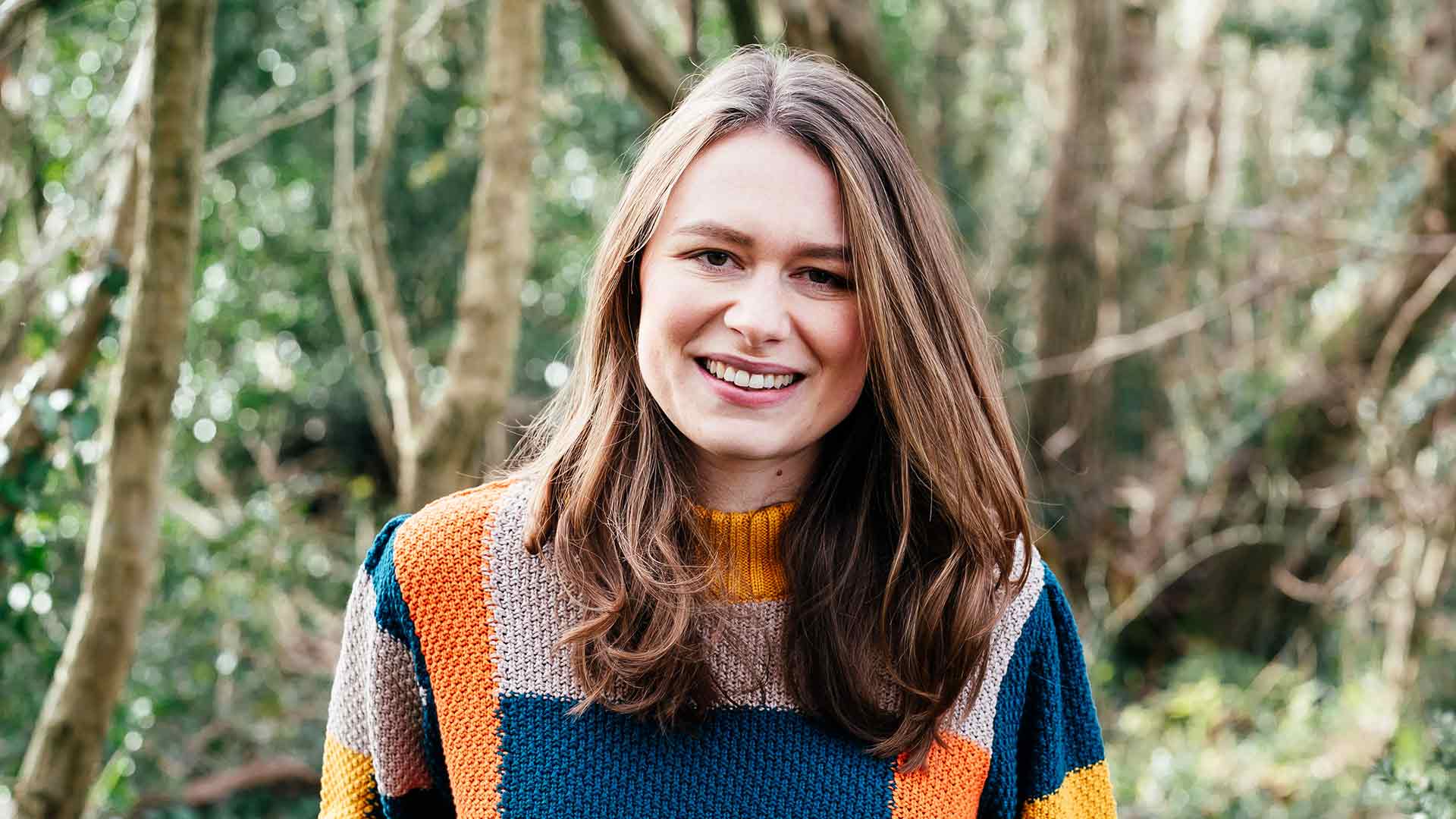You are viewing your 1 free article this month. Login to read more articles.
Tuxworth toasts Cheltenham’s 70th year
Overseeing the programme for the Cheltenham Literature Festival is like “wrestling an octopus into a string bag”, says head of programming Nicola Tuxworth (pictured). Coming up with events to cater for interests ranging from current affairs to food, history to fashion, sport to art, is “certainly a full time job”, she adds. “We work on making sure that the festival is artistically credible and financially viable, and that it caters to a broad audience.”
The world’s longest-running literary festival celebrates its 70th anniversary this year. Founded in the spa town in 1949 and then named the Cheltenham Festival of Contemporary Literature, the event is widely considered to be the first literary festival in the world. Nine events were held over five days in early October 1949 in Cheltenham Town Hall.
The festival is celebrating 70 years with a number of “Seven at Seventy” celebrations. Tuxworth says: “Seven is an auspicious and lucky number in many cultures, so instead of doing 70 events, which would make everyone go mad, we decided to theme the anniversary around the number seven.” As part of this, the festival will welcome seven guest curators—Max Porter, Slay in Your Lane duo Yomi Adegoke and Elizabeth Uviebinené, Dominic Sandbrook, Tessa Hadley, Anthony Anaxagorou, Leslie Vinjamuri and Robin Stevens—to put on events, including the highlighting of seven of the most influential British novels of the past 70 years, a showcase of rising stars in poetry and spoken word, and a portrait of our “complex and troubled” country today.

The Cheltenham Literature Festival fuest curators
Continuing with the theme, seven high-profile authors will be reflecting on their breakout books: Howard Jacobson on The Finkler Question, Robert Harris on Fatherland, Jessie Burton on The Miniaturist, Herman Koch on The Dinner, Tracy Chevalier on Girl With a Pearl Earring, Alexander McCall Smith on The No. 1 Ladies’ Detective Agency and Jung Chang on Wild Swans. There will also be seven showcases celebrating new writing talent, including Jessica Andrews and Rónán Hession, as well as looking ahead to new titles from the likes of Deepa Anappara and Evie Wyld. This aspect of the festival is key, Tuxworth says. “Something that’s special about the festival is the way that we showcase new writers and talent,” she says. “It’s often a very tough call for festivals, and publishers often despair about how to get débuts into festivals.” The festival hosts a “Fiction at 7” event every day of the week, which celebrates débuts. “We see the trajectory of people coming in as unpublished writers, then coming back as guest curators—it’s thrilling.”
Literature festivals around the world have also joined the celebration, and are bringing their leading authors to Cheltenham. Some names that will be gracing the stage this year include Chris Tse, Wana Udobang, Esme Wang, Nicole Flattery and Hernán Ronsino. Cheltenham has also asked 70 global book festivals to recommend one title they would like Cheltenham audiences to add to their bookshelves to form a “Reading the World” reading list. Tuxworth says: “We’re really excited about this. We were the first literary festival, and now literary festivals are a global phenomenon. Reaching out to international partners is a lovely way to celebrate our anniversary.”
The festival’s work continues year-round with its education and outreach schemes, and Tuxworth says it’s important to “grow the readers of the future”. “Reading for pleasure is one of most significant acts for children,” she says. “That’s why fostering more reading for pleasure underpins everything we do here. And the festival itself makes sure the next generation of literary big-hitters have a voice and platform.”
Tuxworth says the legacy of the festival is something the team is very excited to be celebrating: “Having been here for 70 years is a unique position to be in. It started here in 1949 and has now spread to every corner of the globe. It’s quite something for this little spa town.”













